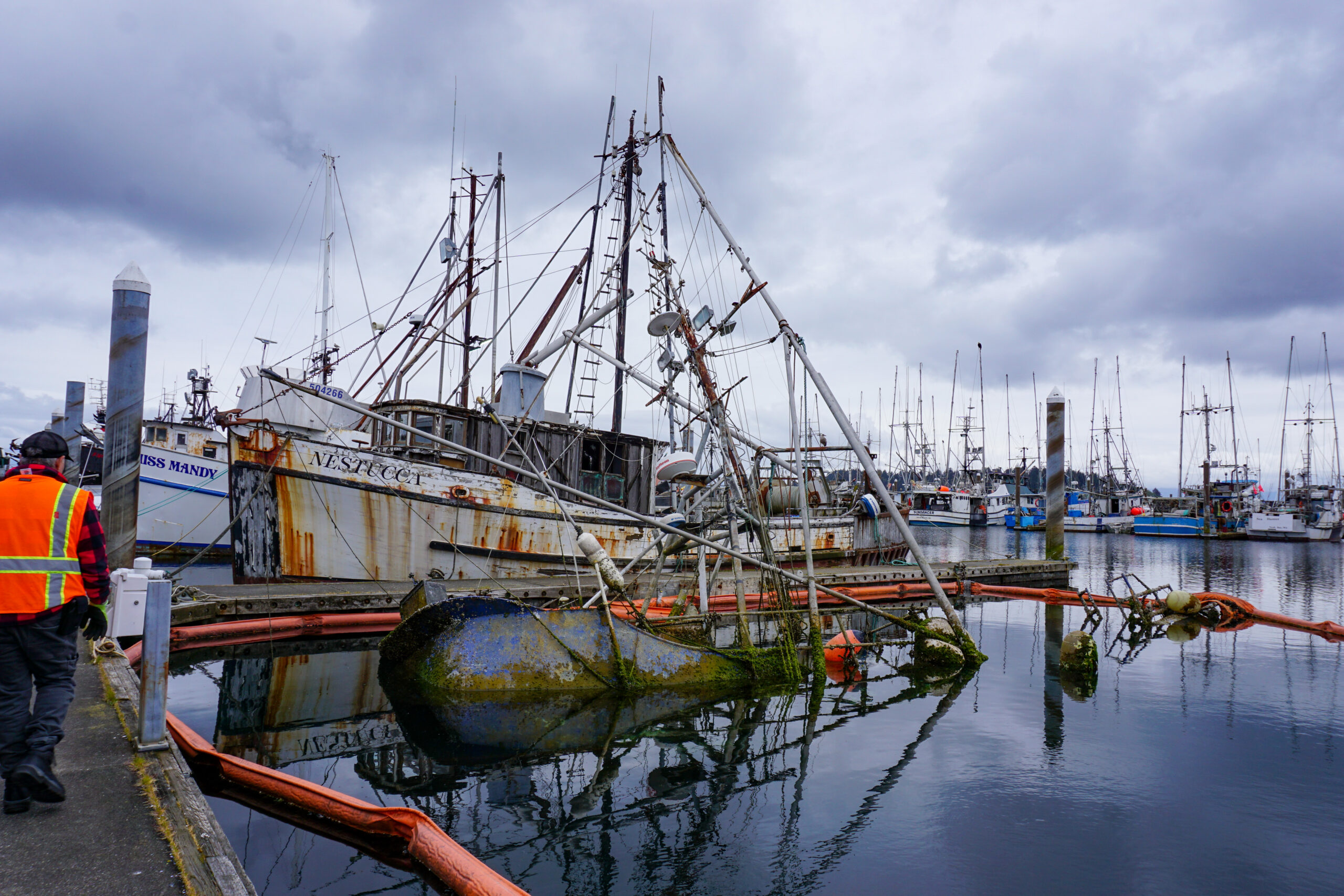NOAA and the Commerce Department announced $54 million will go to help fund projects that address marine debris throughout the coastal and Great Lakes states, territories and Freely Associated States as part of NOAA’s Climate Ready Coasts Initiative.
“Marine debris threatens the health, productivity and overall economic viability of coastal communities throughout the nation,” says U.S. Secretary of Commerce Gina Raimondo. “These new funding opportunities, made possible thanks to President Biden’s Investing in America Agenda, will strengthen our coastal infrastructure, keep debris from entering our waterways, and help protect our public health and marine ecosystems.”
The funds will be available across two funding opportunities that allow NOAA to support large-scale marine debris removal and interception projects. The two funding opportunities include Marine Debris Removal that prioritizes large-scale removal projects focused on marine debris unable to be collected by hand, such as abandoned vessels, fishing gear, etc.
The second opportunity is for Marine Debris Interception Technologies, which provides support for installation, monitoring and maintenance of interception technologies that help capture marine debris at or close to debris sources or pathways.
“Funding from the Bipartisan Infrastructure Law is creating opportunities for the coordinated removal of marine debris at an unprecedented scale, including the removal of legacy debris that has impacted the marine environment for decades,” adds NOAA Marine Debris Program Director Nancy Wallace. “We are helping coastal communities build the future they want to see by investing in high-impact projects that increase resilience, restore habitat and prevent debris reaccumulation in the environment.”
For more information on the programs, application requirements and dates, visit marinedebris.noaa.gov/resources/funding-opportunities.
NOAA




